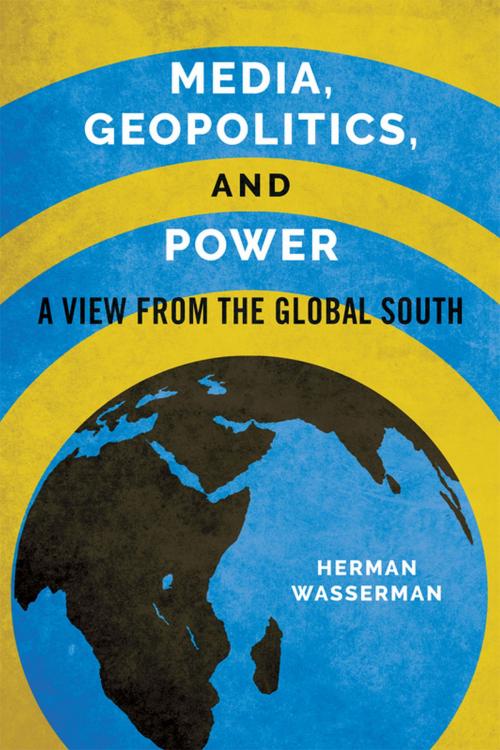Media, Geopolitics, and Power
A View from the Global South
Nonfiction, Reference & Language, Language Arts, Communication, Social & Cultural Studies, Social Science| Author: | Herman Wasserman | ISBN: | 9780252050282 |
| Publisher: | University of Illinois Press | Publication: | March 1, 2018 |
| Imprint: | University of Illinois Press | Language: | English |
| Author: | Herman Wasserman |
| ISBN: | 9780252050282 |
| Publisher: | University of Illinois Press |
| Publication: | March 1, 2018 |
| Imprint: | University of Illinois Press |
| Language: | English |
The end of apartheid brought South Africa into the global media environment. Outside companies invested in the nation's newspapers while South African conglomerates pursued lucrative tech ventures and communication markets around the world. Many observers viewed the rapid development of South African media as a roadmap from authoritarianism to global modernity. Herman Wasserman analyzes the debates surrounding South Africa's new media presence against the backdrop of rapidly changing geopolitics. His exploration reveals how South African disputes regarding access to, and representation in, the media reflect the domination and inequality in the global communication sphere. Optimists see post-apartheid media as providing a vital space that encourages exchanges of opinion in a young democracy. Critics argue the public sphere mirrors South Africa's past divisions and privileges the viewpoints of the elite. Wasserman delves into the ways these simplistic narratives obscure the country's internal tensions, conflicts, and paradoxes even as he charts the diverse nature of South African entry into the global arena.
The end of apartheid brought South Africa into the global media environment. Outside companies invested in the nation's newspapers while South African conglomerates pursued lucrative tech ventures and communication markets around the world. Many observers viewed the rapid development of South African media as a roadmap from authoritarianism to global modernity. Herman Wasserman analyzes the debates surrounding South Africa's new media presence against the backdrop of rapidly changing geopolitics. His exploration reveals how South African disputes regarding access to, and representation in, the media reflect the domination and inequality in the global communication sphere. Optimists see post-apartheid media as providing a vital space that encourages exchanges of opinion in a young democracy. Critics argue the public sphere mirrors South Africa's past divisions and privileges the viewpoints of the elite. Wasserman delves into the ways these simplistic narratives obscure the country's internal tensions, conflicts, and paradoxes even as he charts the diverse nature of South African entry into the global arena.















